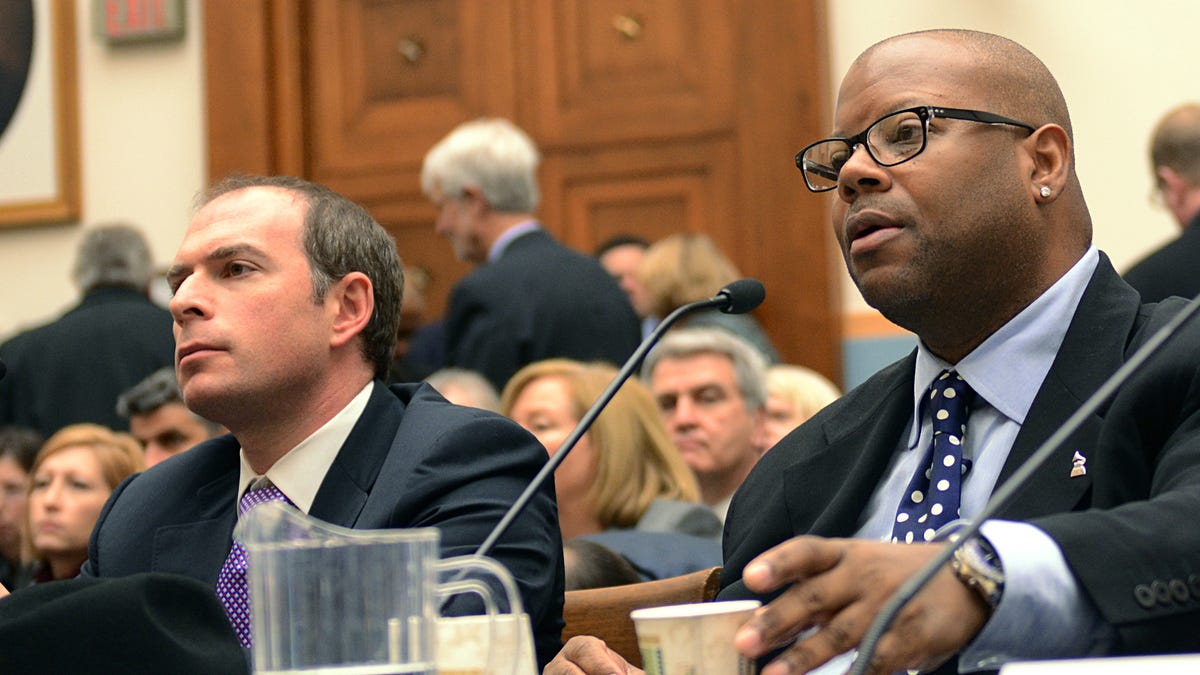Techies tell Congress high music royalties hurt artists
Representatives from Pandora and venture capital company note there isn't a single profitable digital music service and they blame high royalties.

WASHINGTON, D.C.--Two representatives from the technology sector told Congress today that distributing music online is a losing business and that's due to the high cost of music.
A House subcommittee is holding a hearing this morning on the Internet Radio Fairness Act, a bill that would reduce the royalties Web radio services, such as Pandora, must pay for music. One of the six witnesses who testified was David Pakman, the former CEO of Web music service eMusic, who is now a partner at Venrock, the venture arm of the Rockefeller family.
The music industry, which opposes the legislation, has criticized the money that managers at Pandora, the leading Web radio service, have pocketed individually since the company went public last year. Pakman sought to undermine these complaints. He asked that if delivering music over the Internet was such a good business, where are all the profits?
"Regretfully, I cannot point to a single stand-alone business that operates profitably in Internet radio," Pakman told the House Subcommittee on Intellectual Property, Competition and the Internet. "In fact, in all of digital music, only very large companies subsidize their music efforts with profits from elsewhere in their business currently survive as distributors or retailers of music."
Internet music delivery continues to grow in popularity across the globe, as does Internet radio. Pakman suggested that the lack of profits at digital services harms music artists as the transition to Internet delivery continues, and he laid the blame directly at the feet of the Recording Industry Association of America, the trade group that represents the three largest recording companies.
"A healthy future for the recorded music business," Pakman continued, "demands an ecosystem of hundreds or even thousands of successful music licensees, prospering by delivering innovative music services to the global Internet. Yet the actions of the RIAA seem counter to this very goal. They have appeared on the opposite side of every issue facing digital music innovators, opposed to sensible licensing rates meant to achieve a healthy market."
Joseph Kennedy, the chief executive at Pandora, told the subcommittee that part of the problem is that the law wrongfully discriminates against Web radio. Pandora's competitors in the satellite and cable music delivery sectors pay a lower rate than Web radio services.
CNET is covering the congressional hearing, which is underway.

